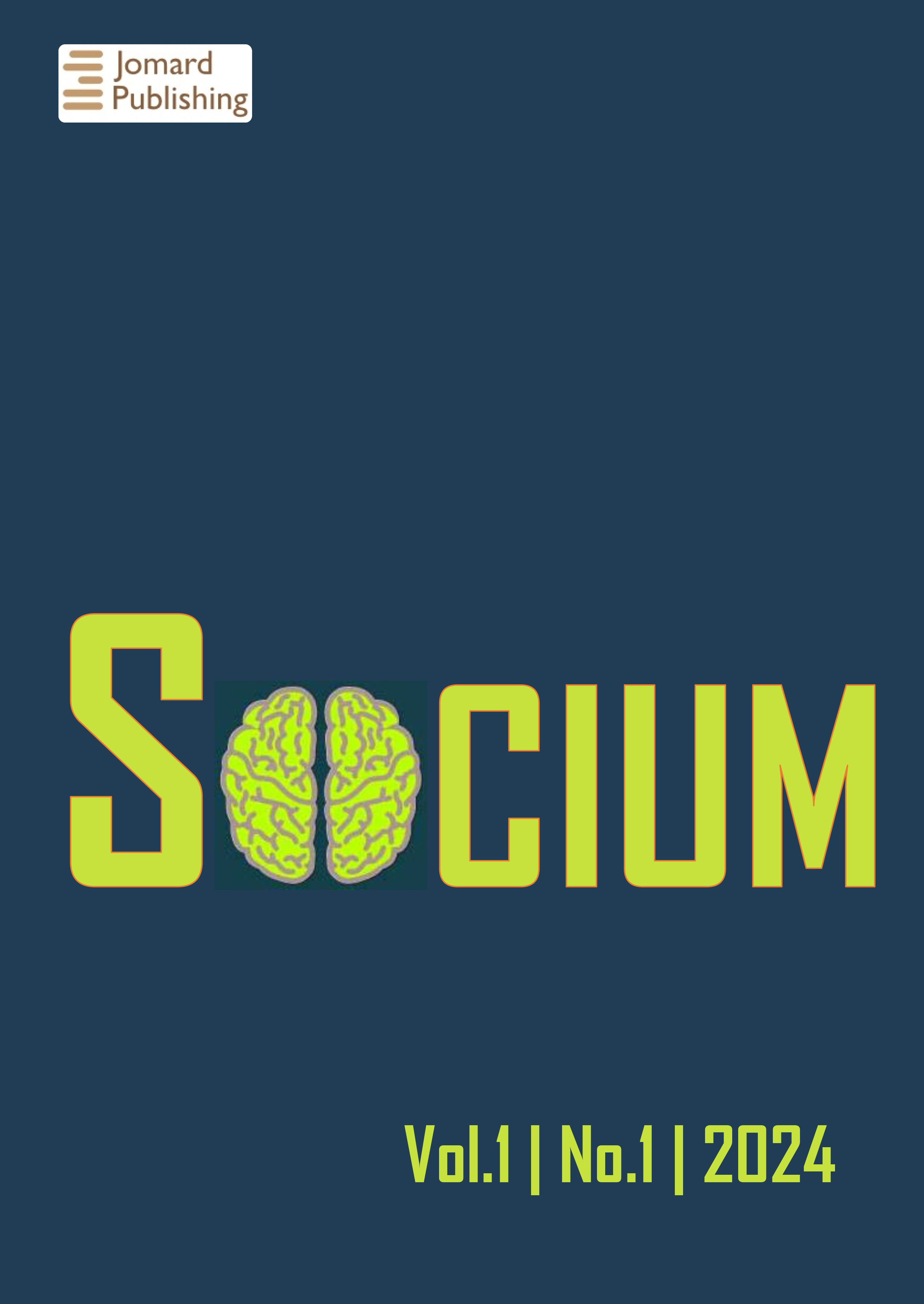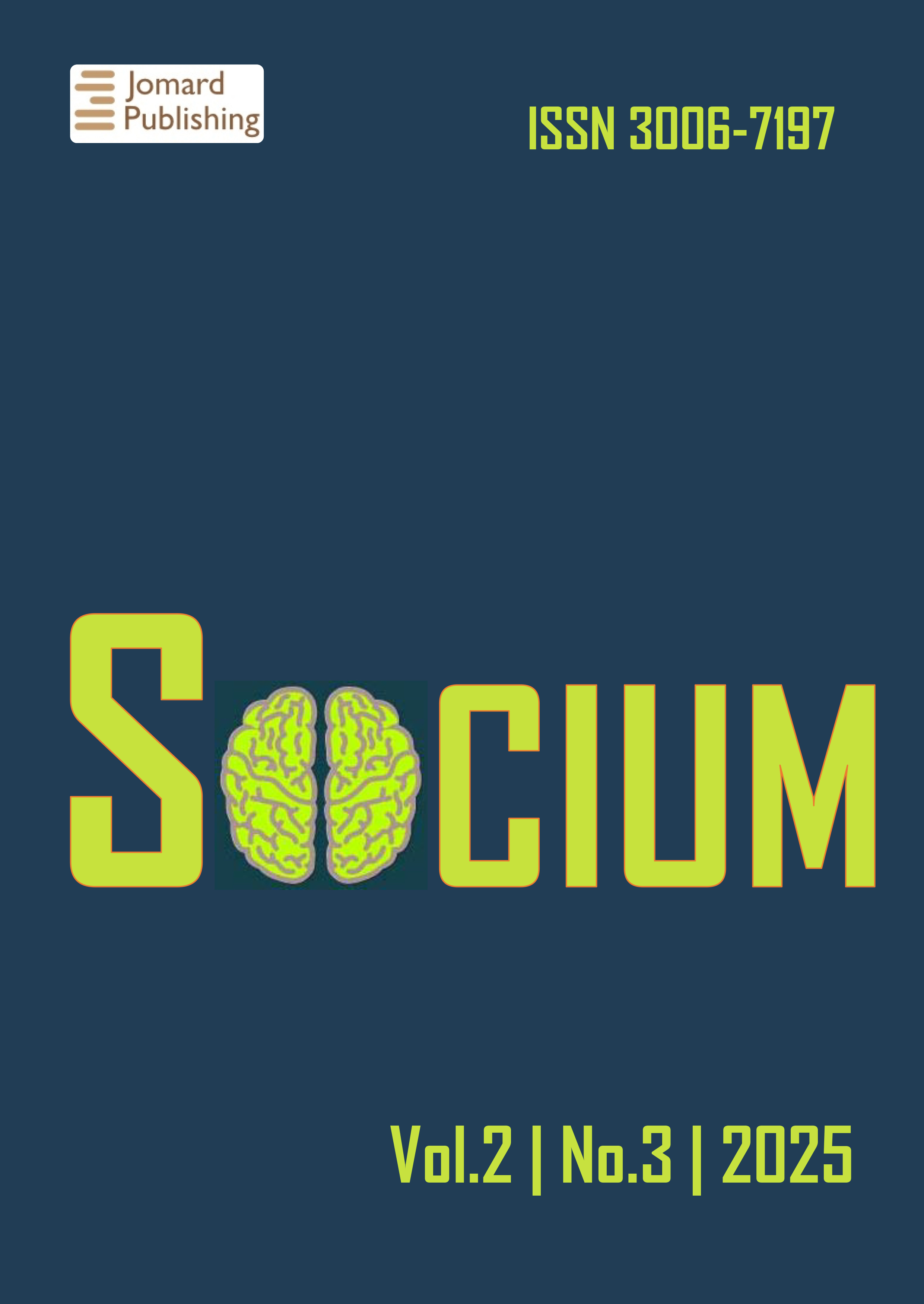Play Therapy with Afghan Refugee Children: A Culturally Responsive Approach to Healing Trauma with Parent-Child Coordination
- Published: 09-10-2025
Share
Afghan refugee children face unique psychological challenges stemming from pre-migration trauma, migration stress, and post-migration adjustment difficulties. This paper examines the application of culturally responsive play therapy interventions for Afghan refugee children, with particular emphasis on coordinating treatment with parents and families. The research explores how to adapt traditional play therapy techniques to honor Afghan cultural values, including respect for family hierarchies, gender roles, and Islamic principles, while addressing trauma-related symptoms. Key considerations include maintaining confidentiality within cultural frameworks, navigating traditional gender expectations, managing trauma triggers during therapeutic play, and utilizing cultural brokers to bridge understanding between Western therapeutic approaches and Afghan cultural norms. The paper synthesizes current literature on refugee mental health, play therapy efficacy, and cultural adaptation strategies to provide evidence-based recommendations for practitioners working with this vulnerable population. The findings suggest that culturally adapted play therapy, when implemented with strong parent coordination and cultural sensitivity, can effectively reduce trauma symptoms while strengthening family bonds and cultural identity preservation.
- View 393
- Downloads 132
- Saveds 1
- Citations (Crossref) 0

